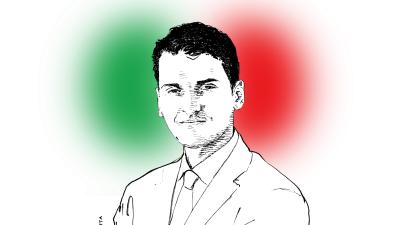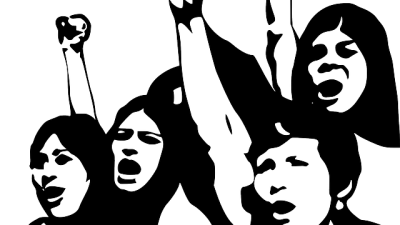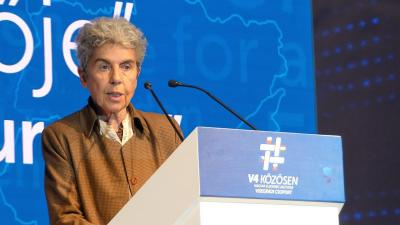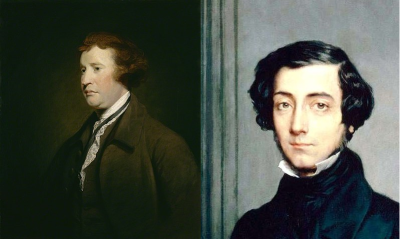Cultural hegemony and the need for conservatives to build a cultural policy
The question of the Left's cultural hegemony has become an almost redundant theme in the debate within the world of the Right. How the Left has gained control of the cultural apparatuses, from the media to schools, from publishing to the cinema, from universities to the performing arts, has been described on numerous occasions and the pars destruens has been dwelled upon in various fora.
What has been missing is the pars construens, i.e. how to overcome this hegemony built over the years. The solution cannot be to replace one form of cultural hegemony with another hegemony, of the opposite sign. However, space must be given to personalities, authors, intellectuals from an area different from the Left rather than declining a cultural proposal that has its own autonomy of thought.
To do this, we need to take care of two factors: people and ideas. Without one there cannot be the other and vice versa. The objective of the Right and of the conservative world should not be to build a cultural hegemony but to create a cultural policy, something that was lacking in the past years. There is therefore a need for coordination between the worlds of politics and culture. Very often, politics sees culture as something accessory that can be built without taking into due consideration the contribution (not only of ideas) that can arise from the cultural world. On the other hand, intellectuals and thinkers close to the world of the Right have often favoured snobbish and ivory-tower attitudes without implementing their ideas on the ground and therefore without engaging in politics. This lack of openness on the one hand, and the inability to 'get their hands dirty' on the other, has meant that an organic collaboration has not developed, preventing any implementation of a medium- to long-term cultural policy.
In recent years, the Right has lacked neither political success nor qualitative cultural production. What has been lacking, however, is the implementation of an organic cultural policy and its coordination. The real challenge is to systemise initiatives, events, associations, and festivals that carry out meritorious work that has often been going on for years in the territories but which risks remaining isolated and lacking synergetic action. While it is therefore necessary to ensure that initiatives born within the world of the Right are given sufficient room and can grow over time, it is also important for them to play a role in major cultural events and exhibitions, especially those with public participation. This does not mean creating 'an occupation' or 'putting our hands on culture'. Instead, we should rather guarantee the pluralism that underlies the very meaning of cultural debate, but which has been lacking in recent years with one-way programmes and schedules. It is therefore a question of redressing the balance by giving room to writers, actors, personalities who, despite the value of their works, have found it difficult to obtain due recognition in events where voices with a clear orientation far from the right-wing one were favoured. Hence the need to promote, especially in the cultural sphere, the appointment of right-wing people to roles in foundations, theatres, museums and cultural institutions. In order to do this, it is not only necessary to have political power but also to possess a competent ruling class, capable of filling their specific roles and positions. Here training plays an indispensable role.
To claim that the right has no culture of its own would mean acting in bad faith. Yet if there is one aspect on which we need to move more pervasively in the coming years, it is precisely the creation of a right-wing cultural policy. The main challenge for the right-wing cultural world is exactly this.
Read also
Interview with Marie d’Armagnac
The protests that have shaken France in recent days have their roots in decades of flawed social and cultural policies that need to be investigated in order to understand how such a potentially explosive situation came about.
Francesco Giubilei
America’s Cultural Revolution: How the Radical Left Conquered Everything
Revolutions are not always violent and bloody. They can also be carried out in seemingly softer ways but still being equally pervasive and destructive of the norms and society they are intended to change. This is the case with cultural revolutions, where actions are taken in schools, universities, and the media and in people's minds without resorting to the use of force.
Francesco Giubilei
Chantal Delsol: France is a country of riots. And for specific reasons.
Every uprising has its own motives, linked to the events of the day.
Francesco Giubilei
Conservatives and Classical Liberals - What to Choose?
In a political and cultural context as changeable as the contemporary one, any use of rigid categories to define parties and alignments or thinkers and men of culture can be misleading.














Comments (0)